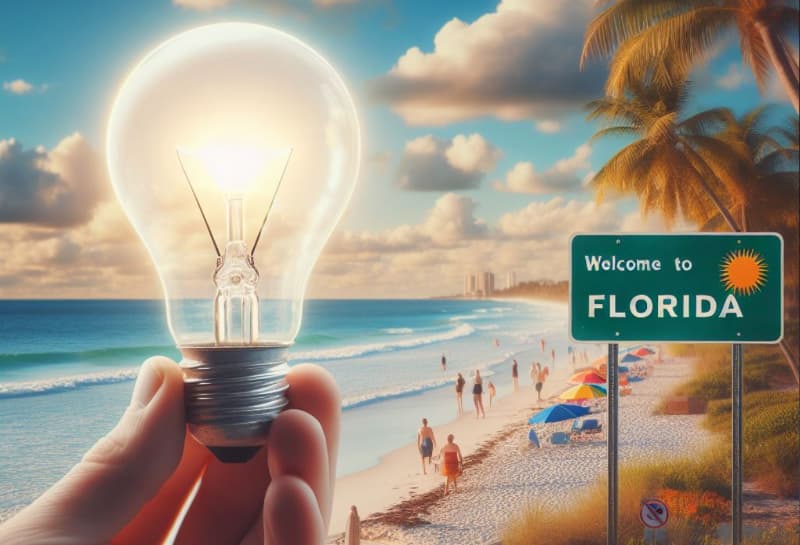Florida carriers getting more creative with reinsurance: KBRA

Insurance carriers in the state of Florida have become more creative with how they approach their reinsurance program needs, finding solutions and using alternatives to ensure protection, but challenges persist, rating agency KBRA said in a new report. We think this could lead to some interesting renewal activity in 2024, given the efficiency of ILS capital.
Both availability and affordability of reinsurance are still challenging for insurers operating in Florida and this is not expected to ease significantly through 2024.
But, reinsurance remains a critical lever for this cohort of insurers.
“Florida insurers, who predominantly underwrite homeowners’ business, are heavily reliant on Cat reinsurance programs to manage their insured risk and align appropriate amounts of total insurable value (TIV) relative to surplus and capital resources,” KBRA explained.
Adding, “As reinsurance programs are placed annually, pricing and capacity are concerns and subject to volatility, particularly as financial terms can significantly impact underwriting profits. While premiums to cover the reinsurance programs are paid upfront, rate increases to offset rising reinsurance costs at the primary carriers are earned over time.”
KBRA said that sustained inflationary pressures and rising global catastrophic event losses, could mean that rate increases persist across the next 24 months, depending on the level and risk appetite of capacity providers.
Moving on to explain that, because of this reinsurance situation, carriers have become more creative in solving their protection needs.
“Reinsurance program structure is important, particularly for regional property writers exposed to significant Cat risk,” KBRA explained.
The rating agency said that, “As seen across the last two renewals (1/1 and 6/1), reinsurers generally elected to shift capacity further up in programs, namely above the Florida Hurricane Catastrophe Fund attachment point. This trend softened pricing among certain layers of the program.”
Adding that, “To fill the needs across the lower layers of the tower, certain insurers have been strategic about forming and/or utilizing captive reinsurers, which are collateralized, and allow for the most cost-effective deployment of risk transfer capital.”
Capital positions have been strengthened thanks to a more benign hurricane season this year, so that has put some of the Florida carriers on a better footing for 2024.
As a result, it is going to be interesting to see how they address their reinsurance needs for the mid-year renewals next year.
If Florida carriers are being more creative, with these low-down collateralized captive insurers, there is nothing to stop creative insurers looking to partner with insurance-linked securities (ILS) investment managers and funds to bring efficient capital into their reinsurance towers, in the harder to fill areas.
On top of this, there could be some creativity next year if the catastrophe bond remains as buoyant as it does today.
The availability of higher-layer reinsurance capacity at efficient pricing and terms from the cat bond market could drive further creativity, as Florida’s insurance companies work out how best to leverage the traditional reinsurance market, alongside captive and collateralized at the lower-end of their towers, versus catastrophe bond capital in the higher layers of their reinsurance programs.
Strategic reinsurance buying is and always has been a differentiator in Florida, with some companies far more adept than others.
With the range of options expanding and capital efficiency currently high in ILS, it means 2024 could be a year for more creativity and interesting use of different structures for Floridians reinsurance needs.
Read all of our news and analysis on the Florida insurance and reinsurance market.






